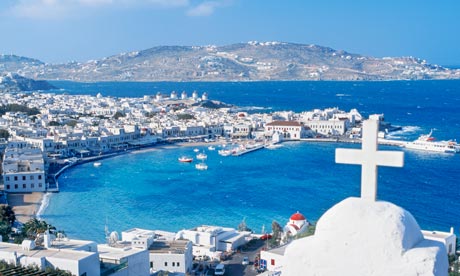Greece hopes in French mission for debt agreement

European officials indicated on Monday that they had few hopes for a comprehensive agreement at Thursday’s Eurogroup that will pave the way for Greece to join the European Central Bank’s quantitative easing plan, despite a French push for a deal.
France’s economy minister, Bruno Le Maire, was in Athens Monday to discuss a proposal whereby relief measures for Greece’s mountainous debt would be strengthened when growth is weak and relaxed when growth is strong. However, he admitted that securing a deal would be “difficult and complex.”
Mr Le Maire’s visit came before a meeting on Thursday of eurozone finance ministers as the International Monetary Fund continues to show unwillingness to fund endless bailouts for the eurozone’s most troubled economy, passing more of the burden on to the EU and Germany, its top paymaster.
European officials did not appear to share his optimism: one official told greek media Kathimerini that France’s proposal would do very little to boost the possibility of a deal that would open the doors to the ECB’s QE program and even less so to secure the International Monetary Fund’s stamp of approval for the sustainability of Greece’s debt.
One thing all sides believe is certain on Thursday is the approval of bailout funding. Greece needs its next loan tranche to repay 7 billion euros in maturing debt in July.
Athens is also keen to convince its EU partners to spell out what sort of debt relief measures it can expect and when. But progress on the issue has been stymied by disagreements among creditors about the country’s growth projections and the sustainability of its debt.
The ECB’s quantitative easing is scheduled to continue until December 2017, with economists saying purchases will be gradually tapered throughout 2018.

